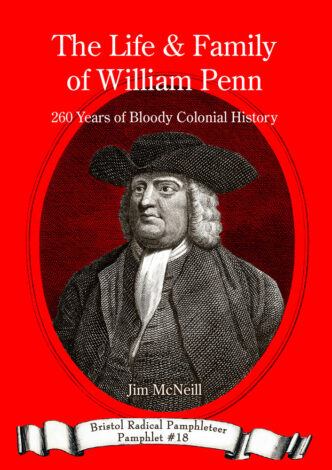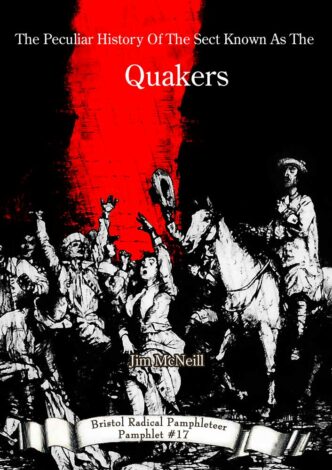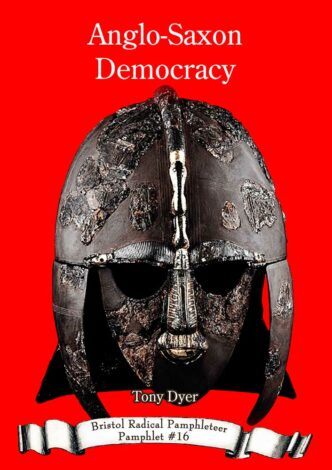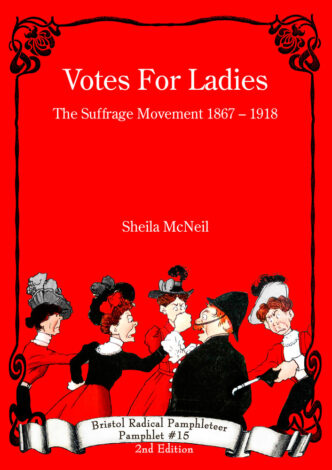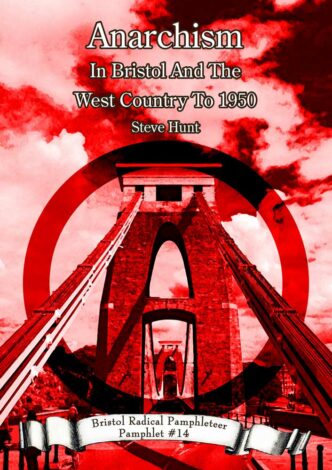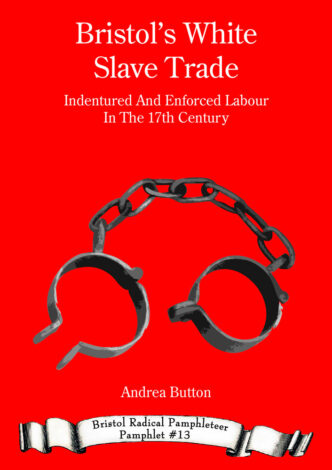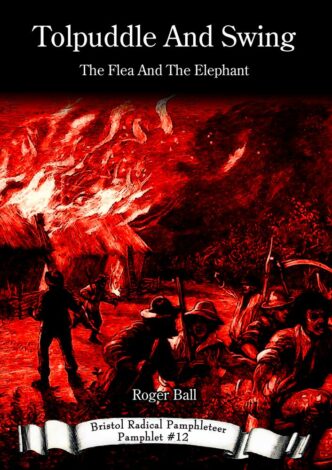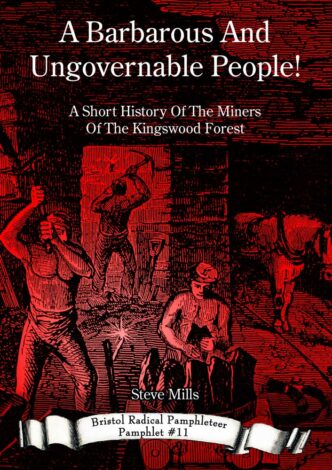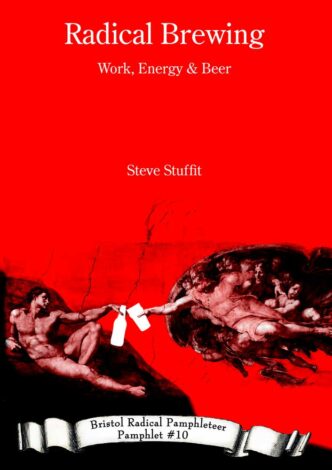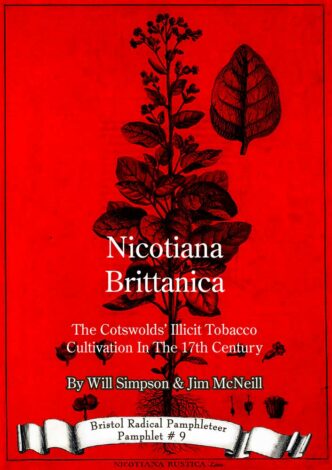This booklet is a short analysis of the role of the Penn family and other early Quakers in the Transatlantic Slave Trade and European expansionism in the North Americas. As far as I am aware this story, the links between the different generations of the Penn family, has never before been told. It is pertinent to ask, “Why is this so?” The Penn family was at the heart of the English Revolution in the 17th Century and of every important event of British colonial expansionism from the colonisation […]
Who were the Quakers? Why were they persecuted? Why did they stop being radical? How did some of Bristol’s Quakers become so rich? From James Naylor’s blasphemous ride down Corn Street to William Penn being given Pennsylvania and Abraham Darby laying the foundations of the Industrial Revolution. This is the first of two pamphlets by Jim McNeill exploring the history of the Quakers in Bristol.
Contrary to popular belief, the end of Roman rule in Britain did not see ethnic cleansing and the genocide of the native "Celtic" population by invading Anglo- Saxons. Instead it saw the end of a period of imperialistic colonial rule and a return to a native tradition where justice and common land rights were maintained by the community for the community. As a result one of the most creative and prosperous societies in Europe was established. This native tradition was, however, to be fatally […]
The Suffragettes are widely seen as the pinnacle of Women’s radical action in the early Twentieth Century. However, beyond the passion and drive of such unladylike militancy, were the organisation and aims of this movement as radical as the means used to try to obtain it? Were the Suffragettes alone in the struggle for female emancipation? And how far can the granting of limited female suffrage in 1918 be attributed to the exploits of these women? This pamphlet analyses this iconic 'women's' […]
Firstly some firsts. Bristol M.P. Edmund Burke was the author of what was perhaps the first anarchist tract; Westcountryman Henry ‘Orator’ Hunt first pioneered the use of the mass platform for ‘rabblerousing’ against the establishment; Bristol was the home of the first avowedly atheistic journal. This is a survey of home-grown anarchism, with its roots in a tradition of West Country radicalism. By the end of the Nineteenth Century explicitly anarchist sensibilities had already emerged as […]
Bristol's role in the African slave trade of the eighteenth century is widely recognised. Less well known is how, in the previous century, the city's merchants met the demand for labour in Britain's new colonies with a supply of indentured white servants. Bristol's White Slave Trade reveals the extent of this form of slavery and the city's part in it.
In 1834 six Dorset farm labourers were tried and condemned to transportation to Australia for joining an early Trade Union. Since then the ‘Tolpuddle Martyrs’ have become an iconic part of modern British History. Three years before the events in Tolpuddle much of rural England was rocked by a massive uprising of farm labourers known as the ‘Swing Riots’. This pamphlet analyses why ‘Tolpuddle’ has taken its place in the popular memory, and why the far more significant events of ‘Swing’ have been […]
"A barbarous and ungovernable people" is a bit of a strong condemnation of a community. Especially considering that at the time the community in question was situated on the outskirts of a vibrant city in Britain. The people of Kingswood Forest supplied the south west of England and the industries of Bristol with coal, and it is fair to say that without the Kingswood Forest coal Bristol would not be the city it is today. However, the relationship between the two communities was strained to say […]
This is a journey from pre-enclosure herbal brews made by ale-wives to the domination of hops and large breweries. But don't despair, this is a return trip thanks to the rediscovery of commoning and a recipe for nettle and juniper ale.
Four centuries ago a group of farmers from the West of England decided to see if they could make a living for themselves by growing tobacco. This put them at odds with the English state and its imperial ambition to build a mercantile economy driven by indentured and slave labour. This is their story of resistance. Fair-trade home-grown tobacco? Put that in yer pipe and smoke it
